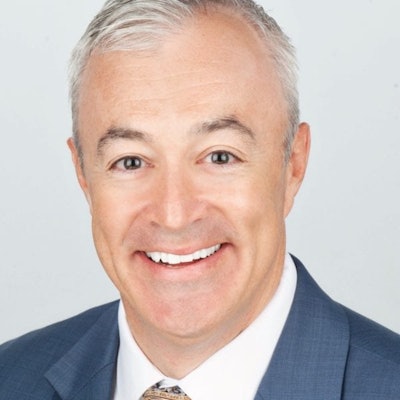Legalized betting on college sports took center stage on the second day of the Sports Business Journal Intercollegiate Athletic Forum (IAF) Thursday in Las Vegas, with panels focusing on the opportunities and threats for schools from gambling and its effect on the mental health of athletes.
Gambling on college sports has exploded since the Supreme Court ruled that states could legalize it in 2018. Since then, legal sports betting has started in 31 states, with five more soon to join them. Over $25 billion has been bet legally at U.S. sportsbooks, with $8.5 billion wagered on college football and basketball in the past 12 months. According to the New York Times, at least eight universities so far have made deals with online sportsbooks, some worth over $1 million a year, and at least 12 athletic or booster clubs have partnerships with casinos. The IAF’s lead sponsor this year is Learfield, a marketing company which has brokered deals between colleges and sports betting operators.
 Solly Fulp, executive vice president of business development at Learfield
Solly Fulp, executive vice president of business development at Learfield
Erika Barnes, executive senior associate athletic director and senior woman administrator at the University of Arizona, compared legal betting to the university’s introduction of beer sales during sporting events. There is the potential for problems, but if tested carefully and phased in slowly, it can work.
The panelists also agreed broadly that gambling operations would eventually become embedded in college athletics facilities like stadiums.
“Will it happen?” said Brian Clayton, senior director of sales, Americas, at IMG Arena, which provides data for sportsbook operators. “I would put—" He stopped himself before saying “money on it.”
 Matthew Holt, president and founder of U.S. Integrity
Matthew Holt, president and founder of U.S. Integrity
The panelists concurred that, for a school considering sports betting, finding partners who will create appropriate safeguards is crucial. They urged colleges to be proactive in their involvement.
“Lean in, don’t put your head in the sand,” said Fulp.
Holt said that part of this active participation should involve releasing injury reports for players, despite concerns about FERPA, HIPAA, and competitive disadvantage. Injury reports don’t have to be specific, Holt said, and can be limited to whether an athlete will be playing or not. Doing so can protect the team and staff from gambling syndicates that otherwise might offer bribes for information.
The day’s second panel was devoted to the effects of legalized sports betting on student athletes. Besides playing games that now have legal money riding on them, student athletes’ individual actions may be wagered on in prop bets. The result, according to Mark Hicks, managing director of development and enforcement for the National College Athletic Association, is an extra level of pressure and more intense harassment on social media.
Although athletes are barred from placing wagers, they might still bet on games, and there is some evidence to suggest that they may be particularly susceptible to gambling disorders, said Jim Brown, head of integrity services and harm prevention at Sportradar, a company involved in the data end of sports betting. The balance of the session was given over to promotion of Sportradar’s offerings around athlete mental health, which include a 30-minute video, customized e-learning tutorials, and on-campus workshops.
Absent from much of the discussion at both panels was how colleges can help students who aren’t athletes avoid problem gambling. It’s an issue that’s likely to grow as partnerships between schools and sports betting companies multiply. Already, according to the New York Times, Louisiana State University sent an email to underage students in which it encouraged them to place bets. But in today’s sessions, the particulars of protecting students were elided. Colleges and universities—and Thursday’s panelists—are wagering that their efforts will be enough.
Jon Edelman can be reached at [email protected].





















